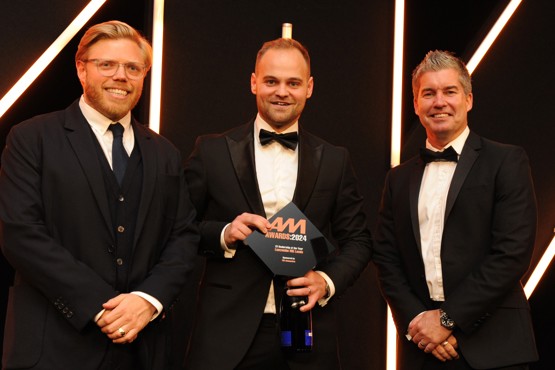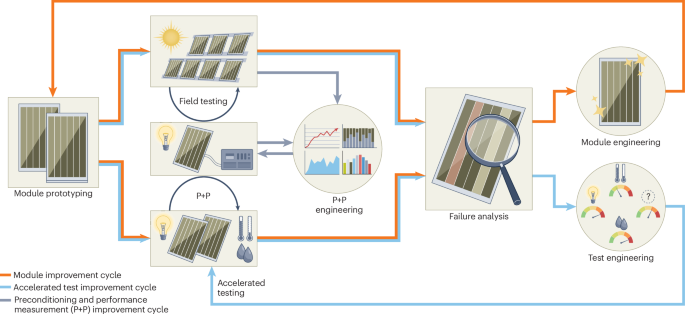High‐Throughput Encapsulation of Stem Cells: Characterizing Dynamic Culture Variability With a Millifluidic Approach
Advanced Healthcare Materials, EarlyView.

A high throughput millifluidic encapsulation platform is engineered and standardized. The system's output allows the monitoring of cell expansion in strong dynamic conditions. High polymer crosslinking leads to higher cell proliferation and lower cell growth on microgel's surface. A strong impact from biological variability is observed within 3D structures from gelatin methacryloyl and carboxymethyl cellulose.
Abstract
Mesenchymal stem cells (MSCs) hold potential for several applications, but inefficient nonphysiological culturing methods constantly prevent clinical translation. Automated cell encapsulation in small hydrogels (microgels) facilitates physiologically relevant MSC expansion in bioreactors. Unfortunately, encapsulation processes are poorly characterized, biological variability is seldomly considered, and dynamic culturing is marginally explored. Here, a high-throughput millifluidic encapsulation process is introduced and standardized. This platform enables highly viable MSC networks within gelatin methacryloyl microgels. The impact of biological variability and crosslinking variations under strong dynamic culturing conditions is closely monitored through cell proliferation, microgel shrinkage, and metabolic activity. The effect of carboxymethyl cellulose on microgel's architecture is observed with cryogenic scanning electron microscopy. Increased crosslinking controls the formation of an outer layer on the microgels, which improves the microgel's resistance to shrinking, prevents cell proliferation on the material's surface and increases overall MSC expansion. Cell proliferation, microgel shrinkage, glucose uptake, and cell metabolism show interdependencies observable thanks to the high encapsulation output. Cell proliferation and metabolic activity depend strongly on donor-to-donor variability and change during culture. However, metabolic readouts reliably follow cell expansion, which makes this simple and mechanically robust platform promising for large-scale bioreactor applications.















































































































































